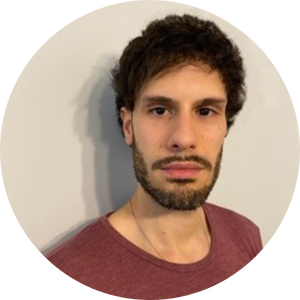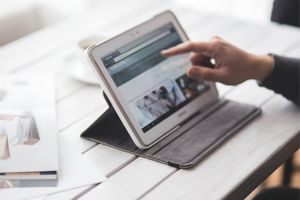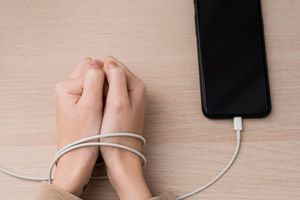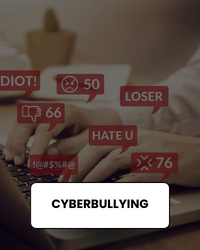PROMOTING
DIGITAL WELLBEING
QUICK LINKS
TECHPSYLAB
We are a research team whose main objective is to understand the impact that technologies and their use have on the integral wellbeing of people and society. Through our research, we study new phenomena that may appear and affect the population in a differential way, based on multiple psychological and social factors.
MEET THE TEAM

MIGUEL ÁNGEL
ALBALÁ GENOL
Doctor in Education and Master in Psychosocial and Community Intervention

MARIAN
DURAO
PhD in Psychology
with emphasis on Neurosciences. Master
with specialization in Emotional and
Personality Disorders

MARIELA
MULLER
PhD in Psychology
with emphasis on Systemic and Cognitive Psychology and Neurosciences

JOAQUÍN
UNGARETTI
Assistant Researcher at the National Scientific and Technical Research Council. Assistant Professor, Faculty of Psychology, UBA. Technical Coordinator – Observatory of Applied Social Psychology (OPSA)

TALÍA GÓMEZ
YEPES
Doctoral candidate in Psychology, Master’s Degree in Teacher Training and Degree in Modern Languages.

FEDERICO
MARCHIANO
Degree in Psychology from the University of Buenos Aires. Master in Administration and Public Policy, University of San Andres. Currently Professor and Researcher at the Faculty of Psychology (UBA).
LINES OF RESEARCH
Healthy Digital
Citizenship

With the help of the extensive evidence gathered from our research, we have put together a team qualified to develop training experiences with a psycho-educational focus, aimed at promoting digital and integral wellbeing (physical, psychological and social).
Problems Arising
from the Use of Technologies

Techpsylab is dedicated to researching the various phenomena and problems that arise from the use of technologies and the digital environment, while studying their psychological and social impact.
PUBLISHED BOOKS

As of 2020, which will be remembered as the year of the COVID-19 pandemic, our relationship with the world, with each other and with ourselves has changed.. Will we ever return to what was “normal” pre-pandemic? Two and a half millennia ago Heraclitus said no man ever steps in the same river twice: its waters are always flowing, so it’s not the same river and he’s not the same man. The historical rupture brought about by the pandemic may be thought of as a deluge that widened the flow of the usual basin of existence.

Strategies for effective online therapy. Evaluation of the state of the art, techniques to develop a good therapeutic alliance, analysis of good practices, what to take into account for online evaluation and legal framework.

CHAPTER: THE FEAR OF BEING LEFT OUT: EVALUATION AND VARIABLES INVOLVED
According to the Digital Report (Park et al., 2022) more than two-thirds (67.1%) of the world’s population uses a cell phone. During the forced lockdown caused by the COVID-19 pandemic, any of the channels used to connect virtually were the nexus to maintain social ties, the circulation of information, and also to sustain recreational, occupational, academic and social activities. Thousands of people logged on to recreate recipes, do yoga or exercise, celebrate birthdays, stay informed about the pandemic, or circulate positive messages and encouragement. Many of the habits and customs we created have come to stay, such as online training and work (Hayran & Anik 2021; Scheinfeld & Voorhees, 2022).






